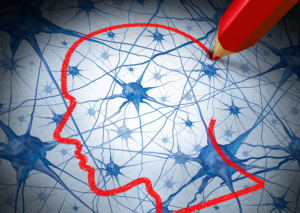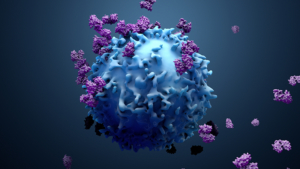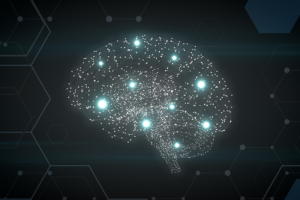The Latest Healthcare Innovations to Watch in 2025

Learn about new healthcare innovations that will be trending in 2025!
If you have ever felt that pang of worry while waiting for test results or found yourself wishing for more personalized attention from a healthcare provider, you’re in good company. For so many of us, healthcare feels like navigating a maze with too many unknowns and too little assistance. But with the latest healthcare innovations around the corner, those experiences are starting to shift, offering quicker answers, improved care options, and, finally, a bit more peace of mind. Here is how the latest healthcare trends are expected to be game-changing for everyone.
Virtual Care and Telehealth Are Here for Good. If you tried telehealth during the pandemic, you know how easy it is. Forget the long drives and waiting rooms; you can visit with your doctor from the comfort of home. And it’s not going anywhere. In fact, it is only getting better. With more sophisticated tools, doctors can keep track of chronic conditions remotely, check vital signs and other important health data through wearable devices, and a whole lot more.
There’s a Push to Stay Safe in the Digital World. With all this new technology, keeping information secure is more important than ever before. Cybersecurity might not be the first thing you consider when it comes to healthcare, but it is critical. Protecting sensitive patient data from cyber-attacks is a high priority, and hospitals are stepping up their game with stronger security measures.
There is a Shift to Value-Based Care. There’s a big change happening in how healthcare providers approach their work. Instead of focusing on how many services they provide, they’re now rewarded for keeping patients healthier. This means better prevention and long-term management of chronic conditions, which can lead to a higher quality of life for a senior loved one. It is all about making certain they have the right care at the right time, without unnecessary costs or procedures.
Health Records Can Talk to Each Other. One of the primary annoyances in healthcare is needing to repeat the same health history again and again. Better data sharing between different doctors and hospitals, known as interoperability, is changing that. This means an older loved one’s health records are more accessible, ensuring their whole care team has the information they require. It is an enormous step toward preventing those gaps that can cause mistakes or missed details in treatment.
AI and Machine Learning Are Changing the Experience. I know it might seem like science fiction, but artificial intelligence (AI) and machine learning (ML) are becoming essential in healthcare. These tools are helping doctors find health conditions sooner, determine more accurate diagnoses, and plan treatments more effectively. For example, AI can read imaging scans quickly, pointing out possible problems that might take a human eye longer to catch. And with ML, hospitals can even foresee when someone may need extra care after a procedure, helping to make sure a senior loved one will get the attention they need.
Medicine Is Customized. Gone are the days when we all got the exact same treatment for the same issue. Customized medicine looks at things like lifestyle and genetics to tailor treatments that are more beneficial and have fewer side effects. This is especially impactful for serious conditions like cancer, where targeted therapies can make a world of difference. For a senior loved one, this might mean treatments that are designed with their particular needs in mind, making them feel better faster.
We’re Bridging the Gaps in Healthcare Access. Ensuring everyone has equal access to healthcare is becoming a major focus. Factors like your location or your financial situation should not determine the caliber of care you receive. More community health programs and targeted outreach are in place to support older adults who might otherwise fall through the cracks. This focus on healthcare equity is designed to ensure that your family member—and everyone else—can get the care they deserve.
The Role of In-Home Care
At Responsive Home Care, we work hand in hand with each person’s healthcare team to ensure all care needs are met. Serving Fort Lauderdale, Deerfield Beach, Davie, and throughout Broward County, reach out to us at 954-486-6440 to learn more about the many ways our team can help someone you love live their healthiest and best life in 2025!


 If there is one constant thing in the race to solve the puzzle of Alzheimer’s, it is change. It appears as though any time researchers start to get a grasp on one piece of information, new information shifts their hypotheses in an alternative direction. That is most certainly the situation with the amazing new developments in
If there is one constant thing in the race to solve the puzzle of Alzheimer’s, it is change. It appears as though any time researchers start to get a grasp on one piece of information, new information shifts their hypotheses in an alternative direction. That is most certainly the situation with the amazing new developments in 

